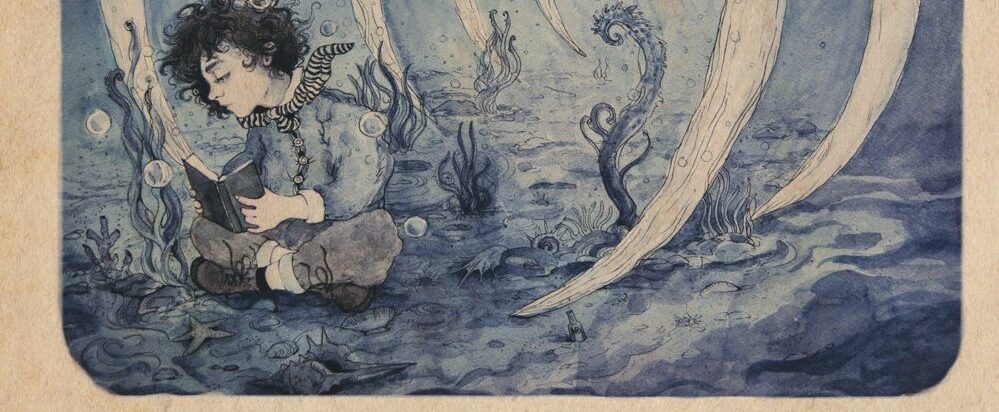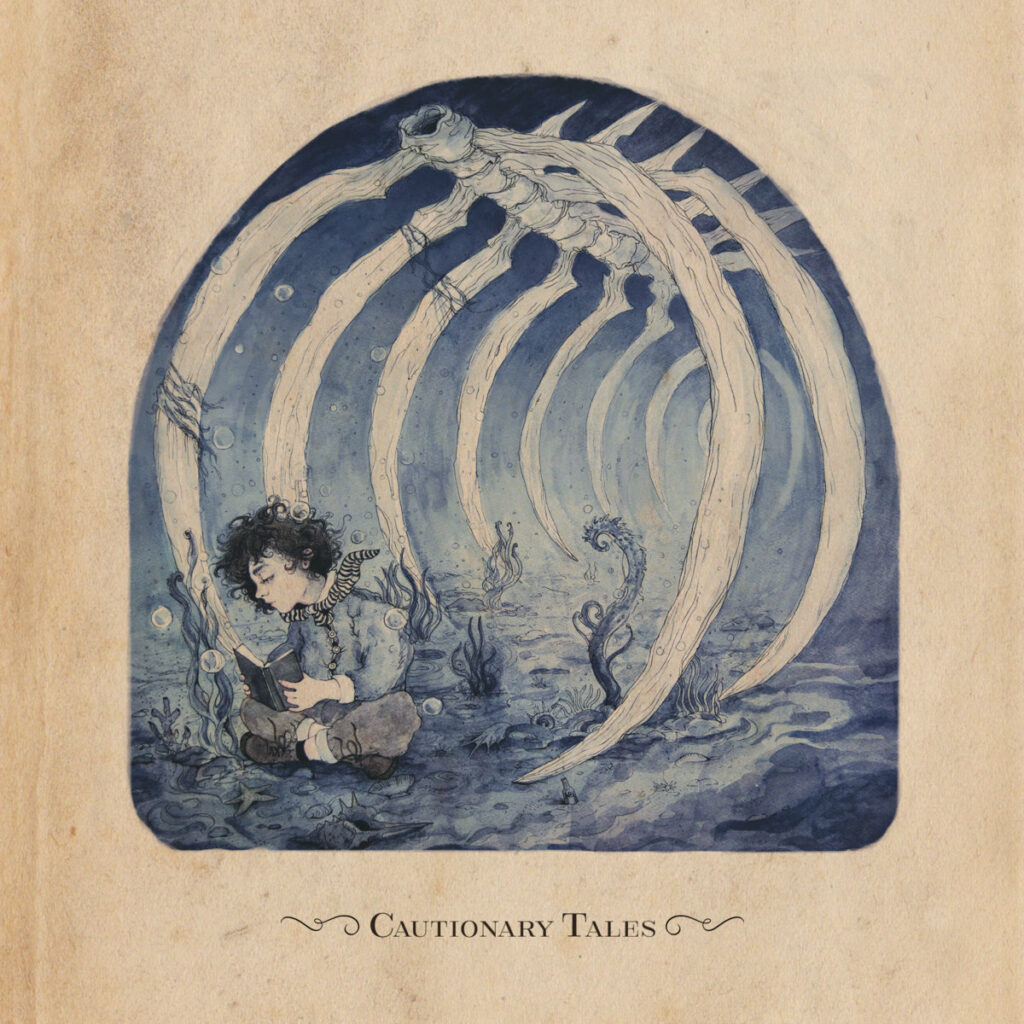The Eighth Note is 8 quick Questions with Wellington Musicians. A chance for us to catch up with people & see what they’re up to, or introduce you to a new musician/band and their music. Up next is Will Marshall from Wellington-Berlin music project, Cautionary Tales.
Who are you? Tell us a bit about your music:
We’re Cautionary Tales, a project working with contemporary art-rock, Greek myth, modernist poetry, the weirder edges of electronic music, indie pop and post-punk. The phrase “cautionary tales” describes one of the fundamental types of story-telling; the story that tells us “what not to do”. With roots in folklore and myth, these stories are found in everything from fables, to epic Greek poetry, to modern horror films, exploring the myriad ways life can go terribly or comically wrong. Rooting our story-telling in this ancient form, our music is a surrealist blend of disparate musical influences. Often spacious and sometimes bitingly aggressive, we move move between post-rock compositions, tight garage-rock grooves, and deep trip-hop, painting vivid backdrops to the singer Will’s blackly comic narratives. Right now we’re a six-piece, moving between Berlin and Wellington depending on the season.
What have you been working on lately? Any new tracks or albums on the way?
We put out our debut album a few months ago, the self-titled Cautionary Tales, on our own imprint Siren Song Records. We’re also working on the followup album, which I’m expecting we’ll be recording in late 2024. Most of the initial material has been written, so we’re in a process of exploration and refinement.
Where is the best place people can follow you & find your music?
Bandcamp is usually best, or Instagram. We’re also on Spotify & Facebook.
What were the 3 most influential albums to you growing up?
Nick Cave & the Bad Seeds – Let Love In
David Bowie – Scary Monsters
Radiohead – Kid A
Which other Wellington musician (s) would you most like to work with?
We’re big fans of Earth Tongue and Sheeps in particular. Estère is also delightful.
What’s your favourite Wellington venue to play in?
Meow is our favourite, although we’re short on venues in Wellington, so there’s not a lot of choice!
In your songwriting or composing (or the bandís songwriting) how do the compositions and songs take shape?
I (Will) am the primary songwriter, so things usually start out in my home studio, working with voice, piano, guitar, bass and synthesisers. We’re pretty much evenly split between writing from a story-telling, lyrical perspective, and taking a more musical, conceptual approach, which are very different paths that produce very different results. When things are more lyrical, I usually start out in my journal, usually as a poem or a piece of narrative. I typically write a fully-fledged poem, then set it to simple music on guitar or piano. When this feels good, I start to think about arrangement and instrumentation, letting the themes and intent of the writing shape the sound and form we’re shooting for. This can be quite earnest, but I’m particularly drawn to ironic contrast. Our single “Women”, for example, which lyrically is an explicitly feminist, wordy and literary song, is intentionally presented as a primitive, ultra-masculine garage rock number, which makes the whole thing feel quite playful.
Other times I’m inspired to write something in a a specific style, especially when I think of an interesting way to blend two recognisable styles. For example, I’m working on an instrumental piece that blends modern shoegaze guitar sounds with Latin-American sounding polyrhythms, both of which feel especially smooth & intricate, so the blend of the two sounds wonderfully flowing.In this scenario, I usually develop a fairly fully-fledged demo instrumental, often writing vocal melodies with nonsense words, then allow the feeling of the song to guide my lyric-writing. These songs are typically much less narrative, and have a more impressionistic, abstract approach to lyrics.When a song has been mostly finished and has a rough arrangement, I bring it to the band and we start developing. The biggest thing here is building an intuitive, shared understanding of how the song wants to ebb and flow, and letting that guide our decisions as we shape the simple demo arrangement into something more detailed and finessed. The transition from the studio demo to the band is huge, as this is when a demo metamorphoses from a sterile, conceptually-precise sketch into a living, breathing song.
Where/when is your next gig?
We’re playing with Three Blind Mind (from Italy) at Wild at Heart in Berlin on 07 December!



